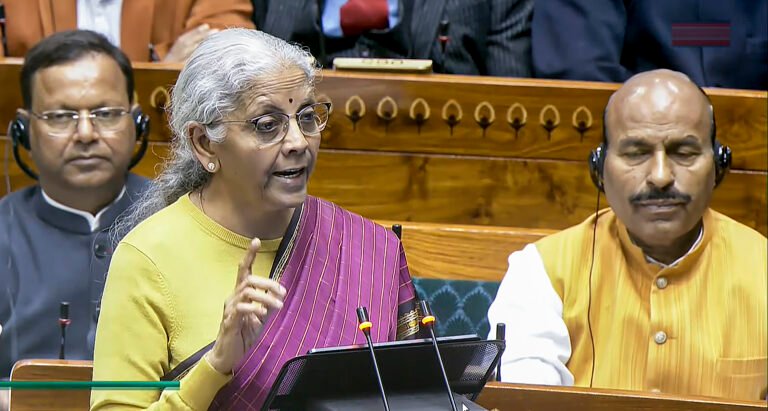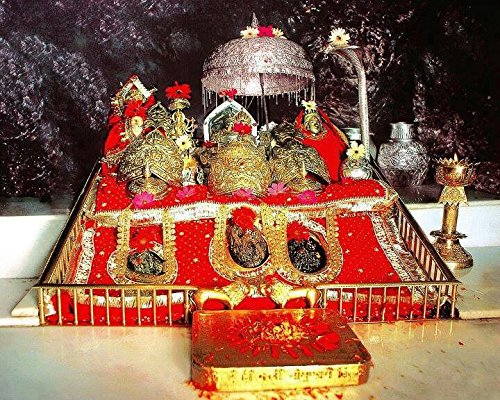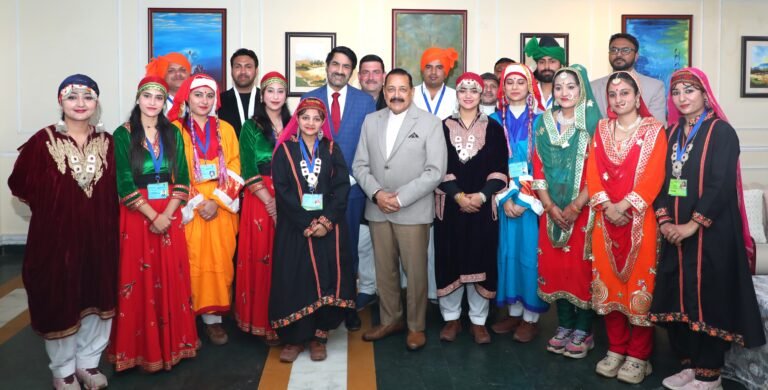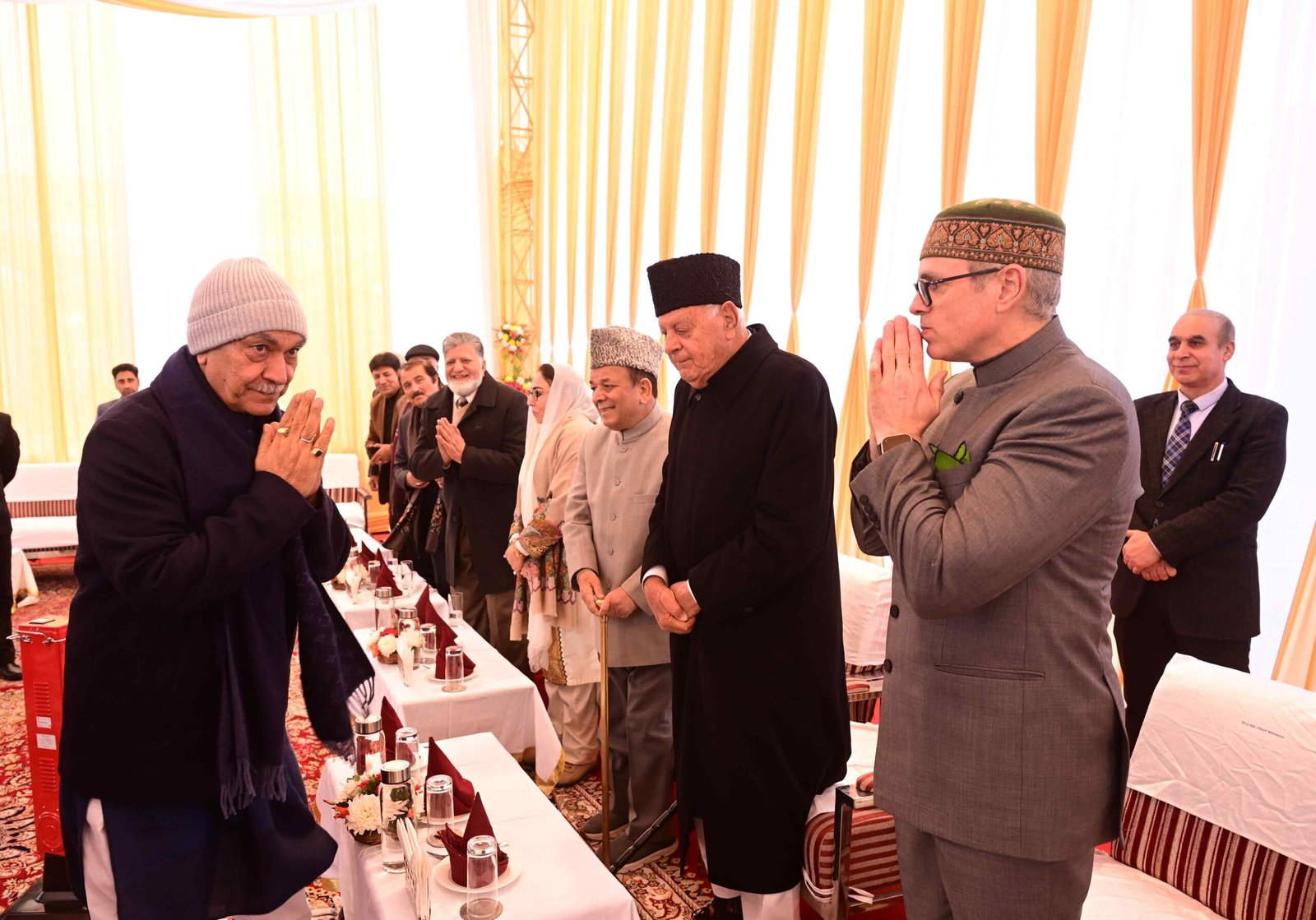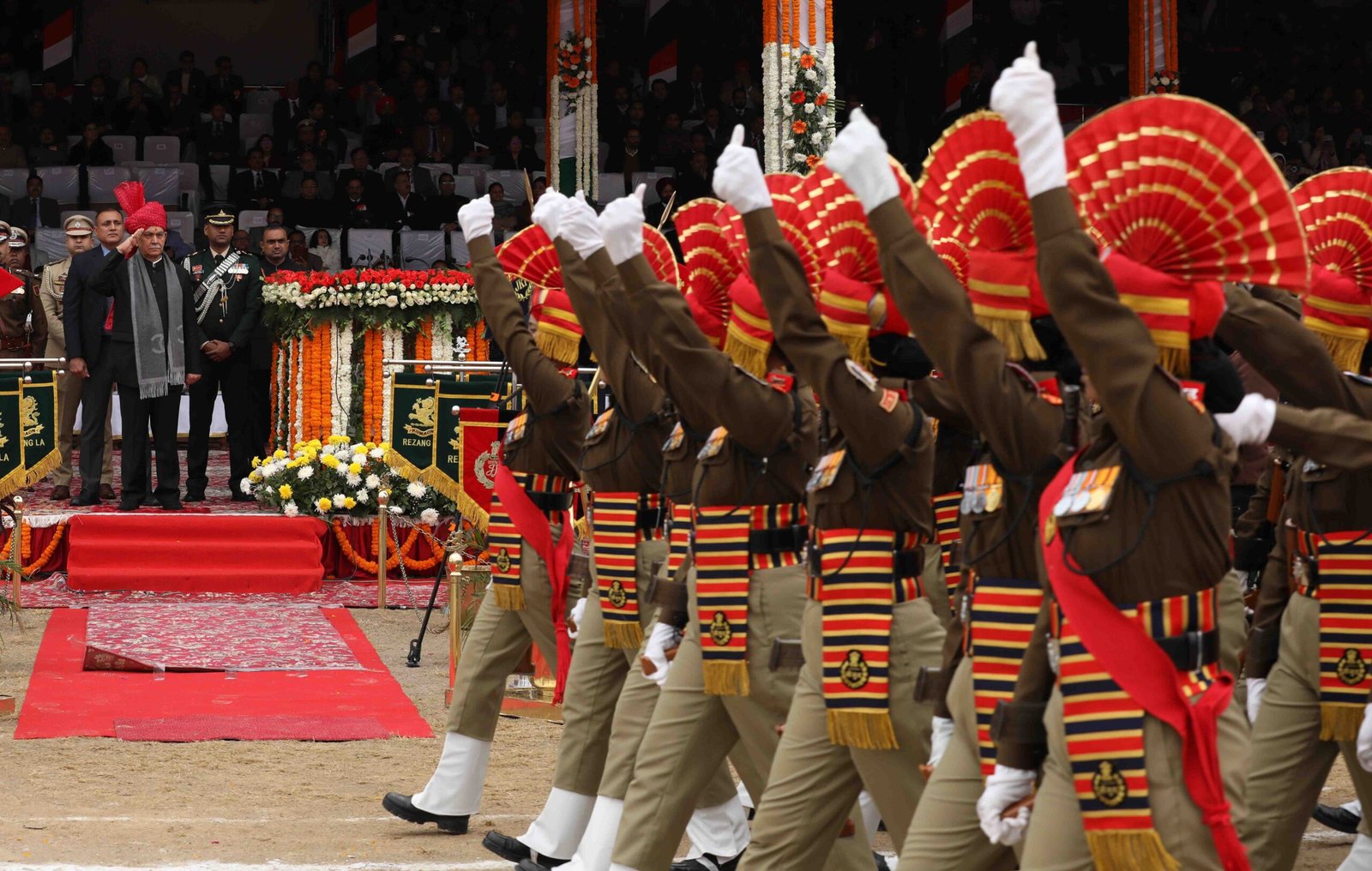Last week, I was at a store in a market in Gurgaon when something happened that really made me think. The shopkeeper called a well-dressed Sikh man “Paaji.” But instead of just accepting it, the man spoke up: “Why did you call me Paaji and the other person ‘Sir’?”
That moment stuck with me. It made me realize how, over the years, we’ve gotten so casual in how we address Sikh people around us—often without considering how it might feel to be labeled like that.
Have You Ever Called a Sikh “Paaji” or “Sardarji”?
I’m sure many of us have said “Paaji” or “Sardarji” at some point, and likely without any bad intentions. It might even be a way of showing respect or friendliness. But here’s the question: have you ever thought about how it feels to be constantly addressed based on just one part of who you are—like your ethnicity or religion.
While these terms aren’t meant to be offensive, they can come across as insensitive. And when we casually use these labels without thinking, it says something about how we view and treat diversity in our society.
Why It Matters
Sikhs are a huge part of India’s story. From agriculture to defense to culture, they’ve contributed so much to the country. Yet, how often do we reduce them to stereotypes? And in places like Jammu, where the Sikh community forms an integral part of the population, this is even more relevant.
We make jokes about their “sense of humor,” or how “big-hearted” they are, and throw around terms like “Sardarji” or “Paaji” as if they’re interchangeable with their entire identity. We haven’t moved beyond the portrayal of Jaspal Bhatti in the ‘90s, even though Diljeet Dosanjh is making being Sikh cool. On the surface, it might seem harmless, but when used casually, these terms can be limiting and dismissive—especially when it’s not coming from someone who’s part of the community.
Drawing Parallels
Calling someone from the Northeast “chinki” isn’t just offensive—it’s illegal. This is a step in the right direction to show respect for people from different backgrounds. But when it comes to Sikhs, we haven’t had the same level of conversation.
We don’t always realize that calling someone by their turban, beard, or even labeling them as “Sardarji” can feel just as limiting. It’s not just about the words; it’s about respecting the person behind the label.
A Simple Change
Small gestures like these go a long way in creating a culture of respect and understanding.
So, the next time you’re about to say “Sardarji,” take a moment to think. Are you showing respect by acknowledging their full identity, or are you reducing them to a label?
Respect begins with conversation—let’s make sure we’re having the right one.
(Written by Sunil Singh Manhas, an advertising professional with a focus on cultural and societal issues.)



